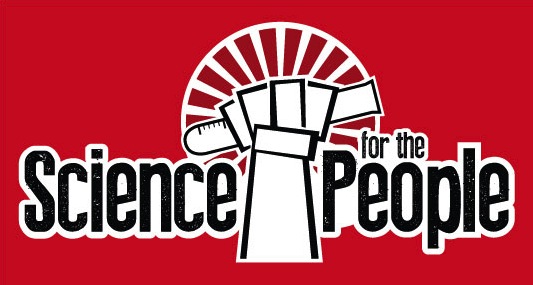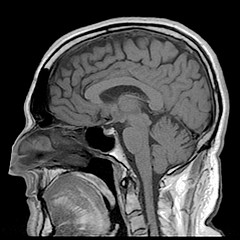 This week, we’re talking about disease prevention, public health, and whether or not some types of vaccinations should be mandatory. We’ll spend the hour in a panel discussion with Barry Bloom, Harvard University’s Distinguished Service Professor of the Department of Immunology and Infectious Diseases, University of Toronto public health ethicist Alison Thompson, pediatrician and University of Pennsylvania vaccinology professor Paul Offit, and Nicholas Little, Vice President and General Counsel at the Center for Inquiry.
This week, we’re talking about disease prevention, public health, and whether or not some types of vaccinations should be mandatory. We’ll spend the hour in a panel discussion with Barry Bloom, Harvard University’s Distinguished Service Professor of the Department of Immunology and Infectious Diseases, University of Toronto public health ethicist Alison Thompson, pediatrician and University of Pennsylvania vaccinology professor Paul Offit, and Nicholas Little, Vice President and General Counsel at the Center for Inquiry.
Tag: law
Science for The People: Science & the Death Penalty
 This week, Science for The People looks at the science of the ultimate criminal punishment. Pharmacologist and science writer David Kroll discusses the chemistry of the drugs used in lethal injections. They talk to law professor Samuel Gross, editor of the National Registry of Exonerations, about the rates of false convictions in death penalty cases. And they speak to Johns Hopkins University psychiatrist Dr. James Harris about the complex issues at the intersection of capital punishment and intellectual disability.
This week, Science for The People looks at the science of the ultimate criminal punishment. Pharmacologist and science writer David Kroll discusses the chemistry of the drugs used in lethal injections. They talk to law professor Samuel Gross, editor of the National Registry of Exonerations, about the rates of false convictions in death penalty cases. And they speak to Johns Hopkins University psychiatrist Dr. James Harris about the complex issues at the intersection of capital punishment and intellectual disability.
Guilty of a Broken Brain
 Neuroscience is finding itself at the center of a growing controversy in the courtroom. Will judges weigh biological evidence that could suggest future dangerous activity or impaired control differently and how will that affect systems of sentencing and determinations of guilt in the court? This biological evidence could be considered “mitigating” or decreasing a sentence (their brain is broken, it’s not their fault) or it could be “aggravating” (their brain is broken and they will offend again) and increase a sentence. To test whether Judges would reason differently after receiving biological evidence in a trial, a group has conducted a study on U.S. state trial judges. Continue reading “Guilty of a Broken Brain”
Neuroscience is finding itself at the center of a growing controversy in the courtroom. Will judges weigh biological evidence that could suggest future dangerous activity or impaired control differently and how will that affect systems of sentencing and determinations of guilt in the court? This biological evidence could be considered “mitigating” or decreasing a sentence (their brain is broken, it’s not their fault) or it could be “aggravating” (their brain is broken and they will offend again) and increase a sentence. To test whether Judges would reason differently after receiving biological evidence in a trial, a group has conducted a study on U.S. state trial judges. Continue reading “Guilty of a Broken Brain”
